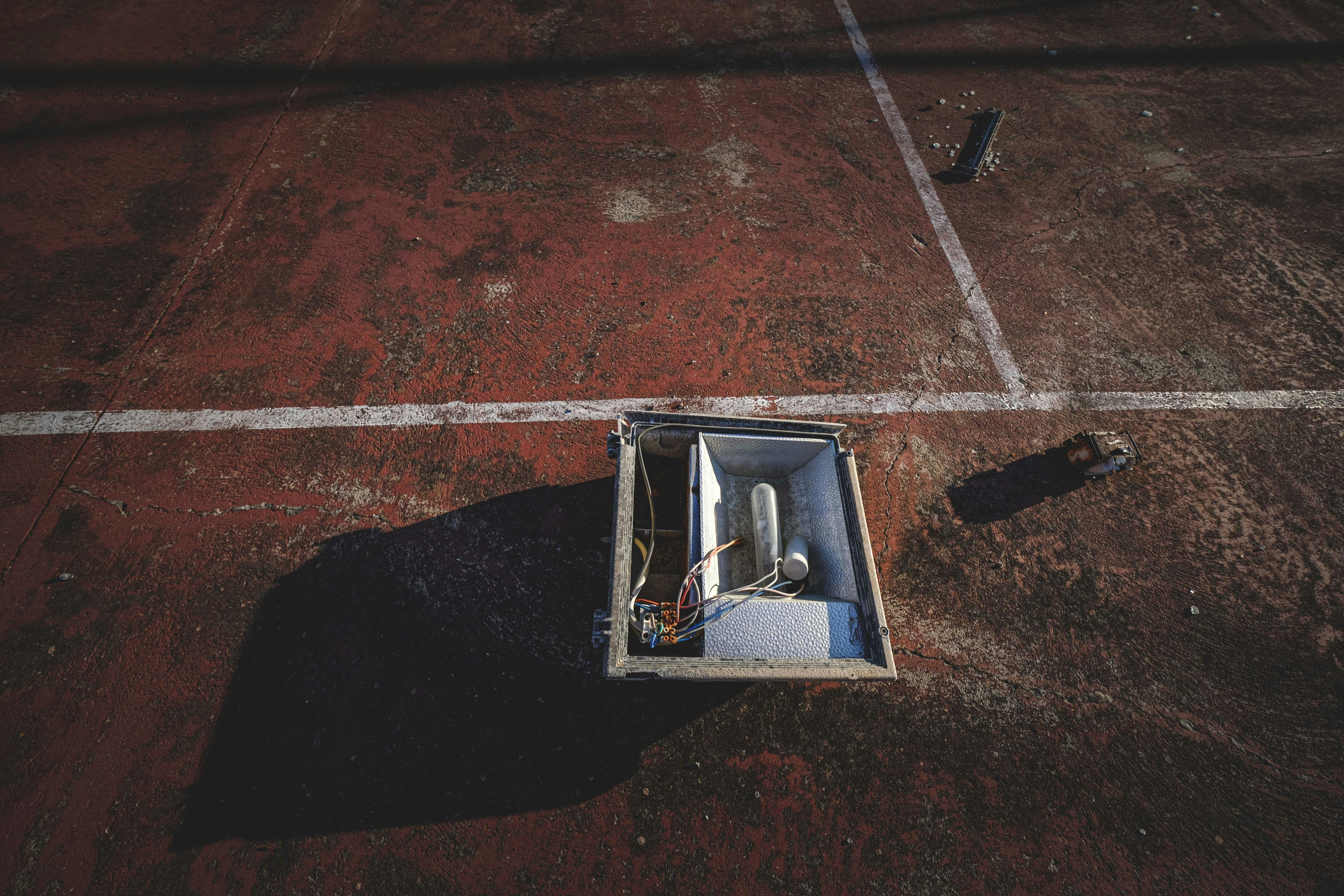Teen Depression: Helping Your Teen Fight Their Inner Demons
Many people struggle with depression. Feelings of deep blues and utter worthlessness can lead many people to poor work, social, or school performance. These symptoms are often exacerbated in adolescent patients due to certain unique pressures they must deal with. Teenagers are constantly subjected to peer pressure, strict academic expectations, and massive changes to their bodies that can often leave them lost. It’s important for parents, teachers, friends, and others to notice the signs of potential teen depression. Teenagers are naturally more prone to ups and downs than adults. It’s up to the other people in their lives to realize when a teenager’s personality has taken a holistic turn for the worse.
Some of the signs of teen depression reflect the potential for poor academic performance. For example, many teens with depression may sleep through class, refuse to do their homework, or be generally unmotivated to accomplish anything. Constant lethargy is one of the hallmarks of depression regardless of age, but it can be particularly striking in adolescents, who are more often assumed to be young and energetic. Feelings of complete isolation are also common in depressed teens. If you notice that a teen is spending more and more time alone, it might be time to seek help.
In addition to the emotional and physical changes in their bodies, teens may be subject to environmental factors that increase their risk of depression. The loss of a loved one or the divorce of their parents can foster a certain despair in them. In fact, the disheartening sense of loss, whether permanent or temporary, can lead to anger, misery, and despair. Beyond that, teens also face the daily challenge of being judged by their peers at school. They face constant pressure to fit in, to be “cool,” and to engage in particularly normative behaviors. This can be especially difficult for adolescents whose sexual identity is stigmatized. Teens who don’t quite fit into the mainstream can often be bullied. This can make them even more withdrawn and lose a lot of self-esteem and self-confidence.
Despite all these signs, less than 20% of adolescents with depression receive a proper diagnosis. This is largely because they require a parent, teacher, or other authority figure to become aware of the symptoms and seek help for them. Unfortunately, many adults are unable to distinguish between normal adolescent behavior and adolescent depression. Feelings of hopelessness and inadequacy can set teens up for a host of problems later in life, or worse, set them up for potential teen suicide. That is why it is increasingly important for parents to take an active role in the lives of their adolescent children. It can mean the difference between life and death.
